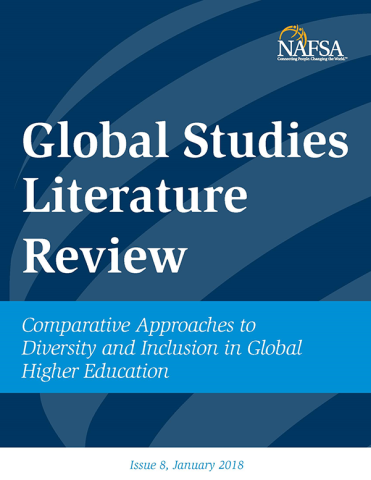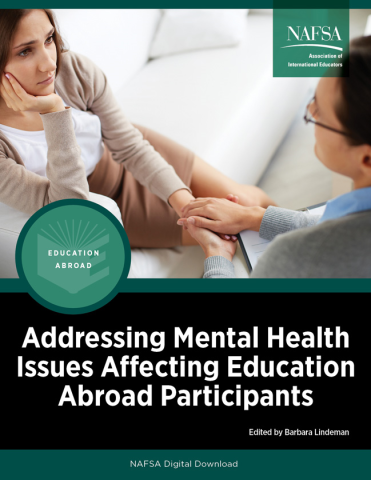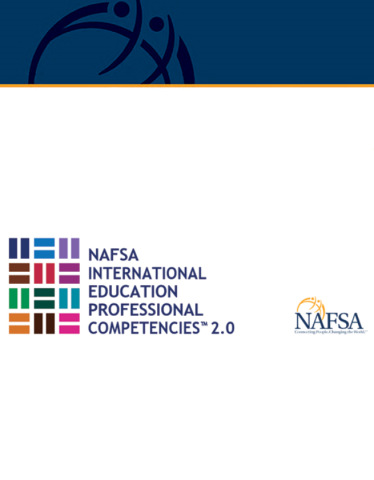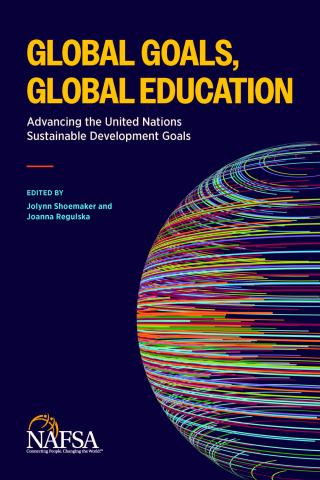Global Studies Literature Review, Volume 8
This issue of NAFSA’s Global Studies Literature Review (GSLR), which features the theme "Comparative Approaches to Diversity and Inclusion in Global Higher Education," recognizes that the challenges of diversity and inclusion extend well beyond the field of international education. The field as a whole is grappling with problems of supporting students from underrepresented backgrounds, promoting a culture of inclusion, and breaking down long-standing barriers to access. Yet, the challenges of diversity and inclusion are also deeply embedded in U.S. history; indeed, they are part and parcel of world history. Legacies of slavery, oppression, and scientific racism reverberate into the twenty-first century, and signs of a disturbing return to tribalism and nationalism abound.
To address these challenges, contributors were asked to consider “diversity and inclusion” broadly—to address not just racial barriers but the construction of racial identities, not just diversity on campuses but “diversity” as a construct, not just free speech but the very idea of free speech, not just science but philosophy.
Information about other editions is available on NAFSA's Research and Trends page.

Global Studies Literature Review, Volume 8
This issue of NAFSA’s Global Studies Literature Review (GSLR), which features the theme "Comparative Approaches to Diversity and Inclusion in Global Higher Education," recognizes that the challenges of diversity and inclusion extend well beyond the field of international education. The field as a whole is grappling with problems of supporting students from underrepresented backgrounds, promoting a culture of inclusion, and breaking down long-standing barriers to access. Yet, the challenges of diversity and inclusion are also deeply embedded in U.S. history; indeed, they are part and parcel of world history. Legacies of slavery, oppression, and scientific racism reverberate into the twenty-first century, and signs of a disturbing return to tribalism and nationalism abound.
To address these challenges, contributors were asked to consider “diversity and inclusion” broadly—to address not just racial barriers but the construction of racial identities, not just diversity on campuses but “diversity” as a construct, not just free speech but the very idea of free speech, not just science but philosophy.
Information about other editions is available on NAFSA's Research and Trends page.





